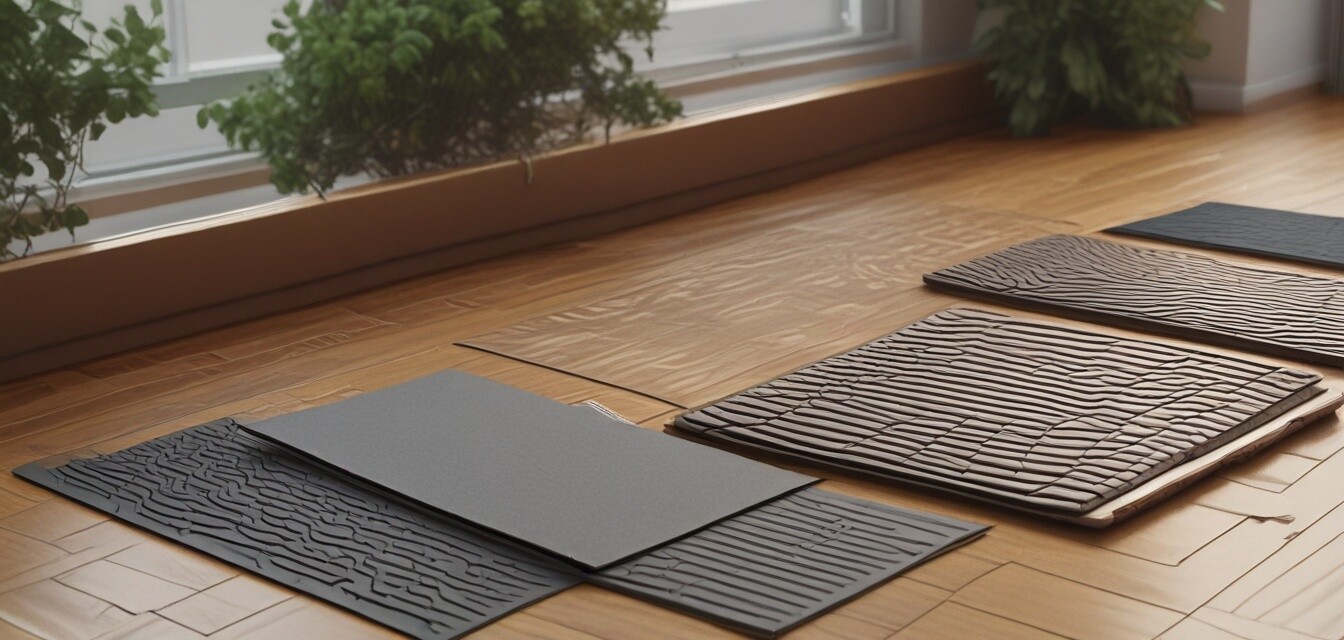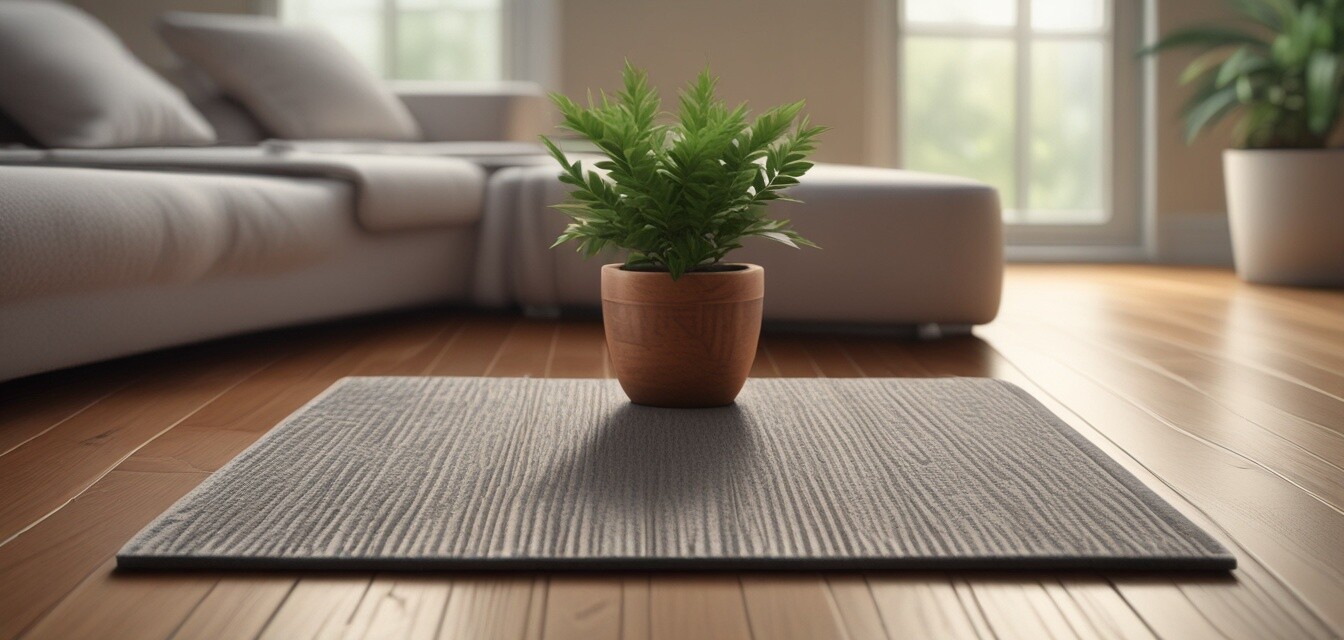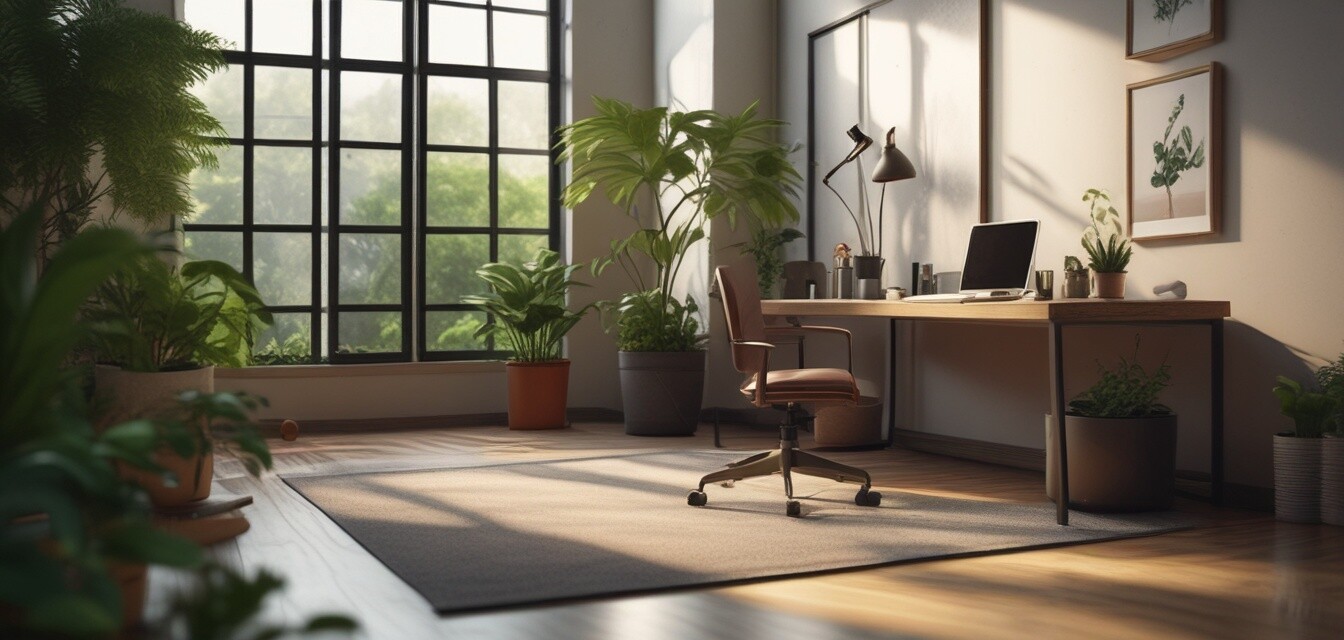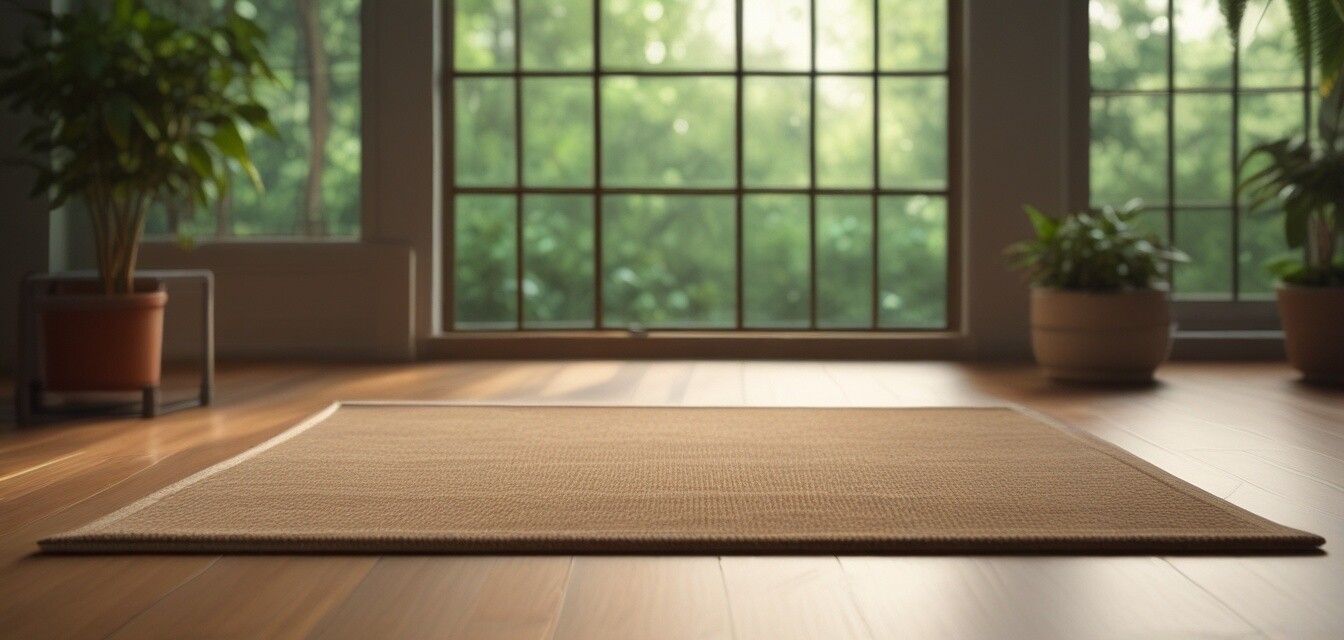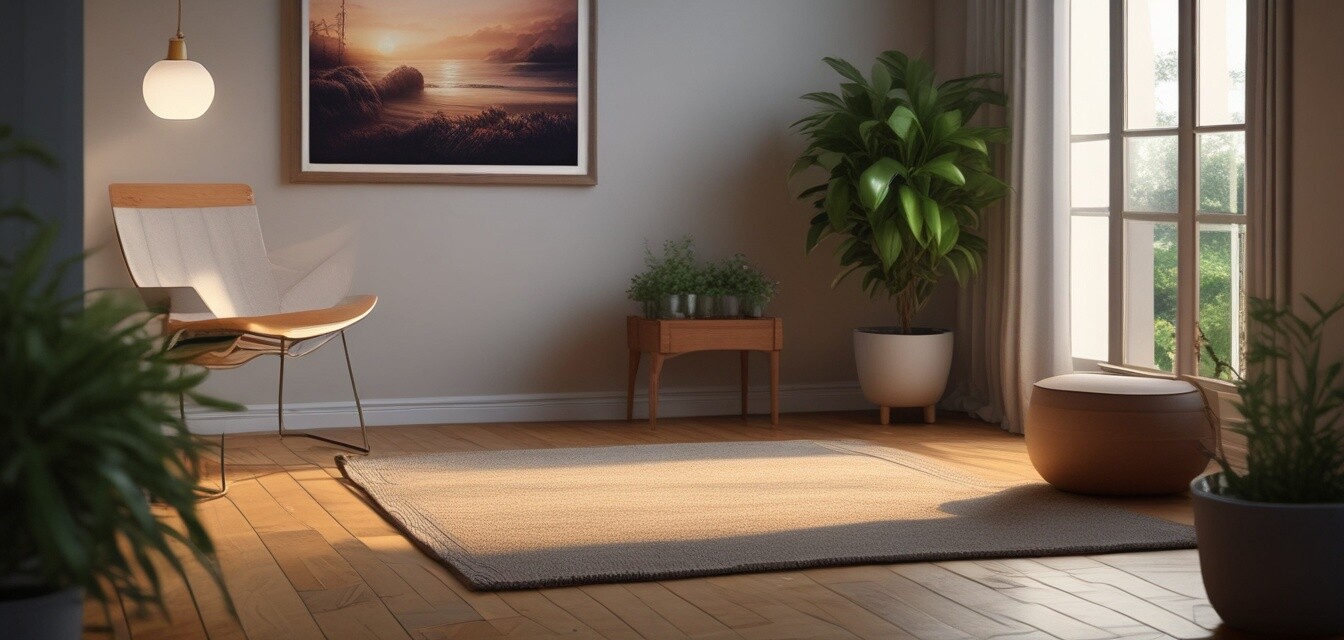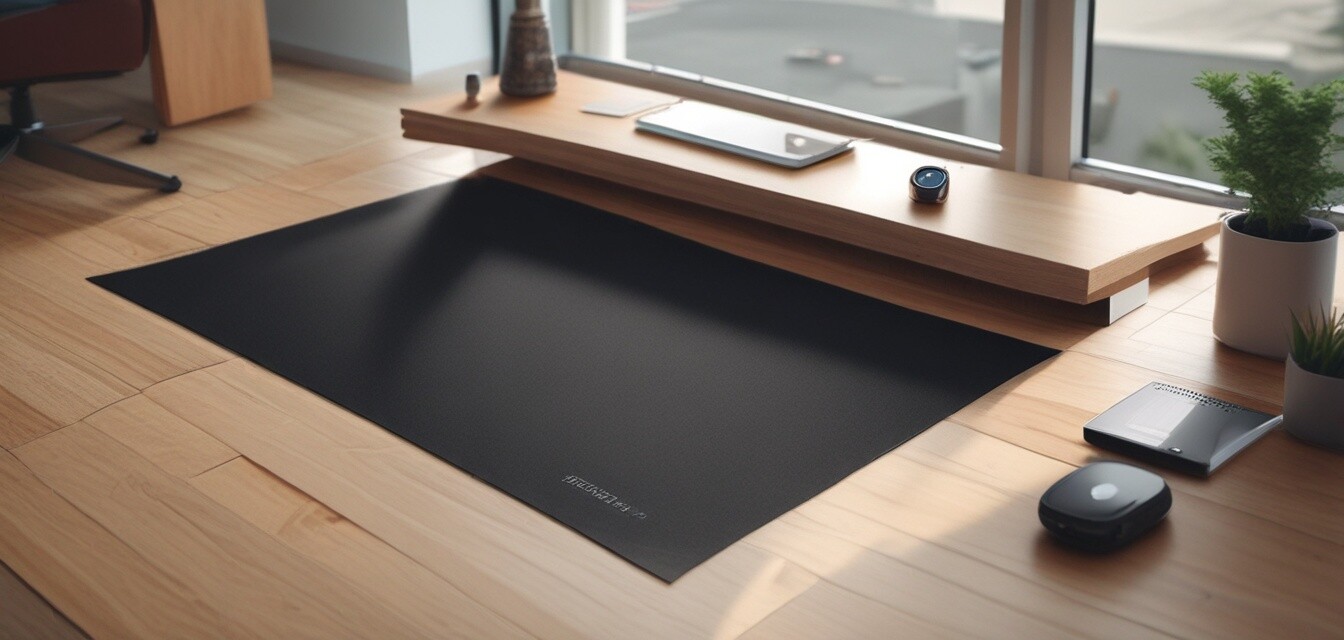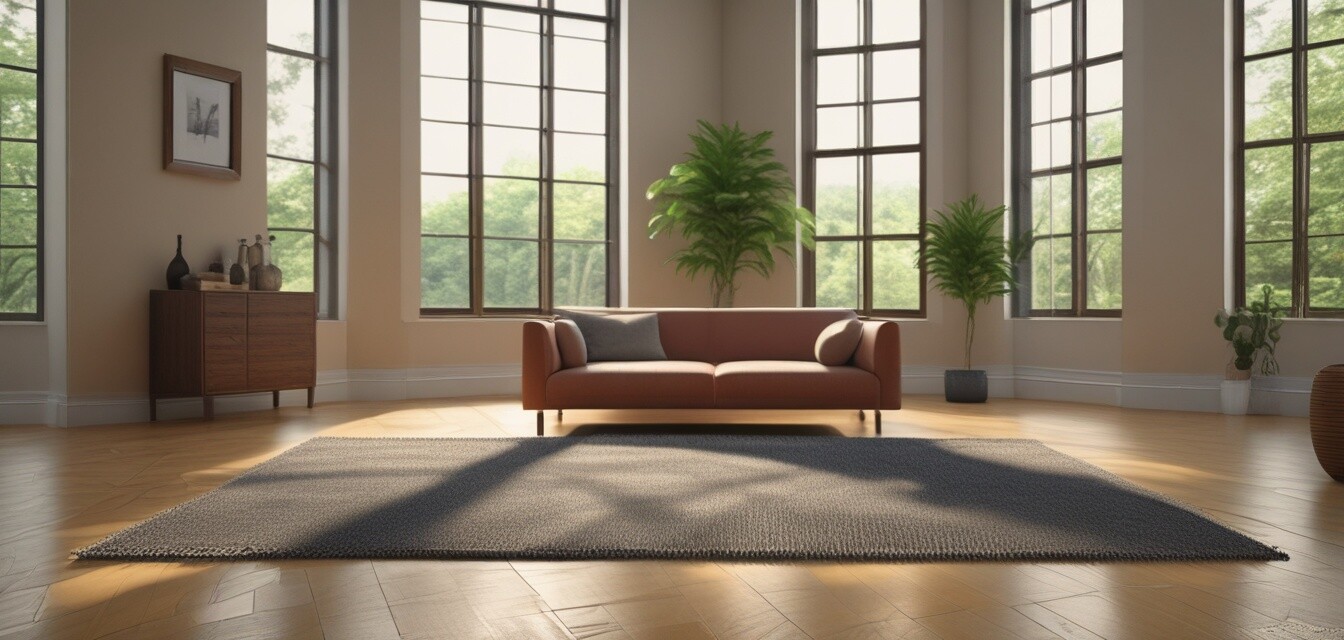
Grounding Mats FAQs
Grounding mats, also known as earthing mats, are a revolutionary wellness tool aimed at connecting users to the Earth’s natural electrical field while indoors. Here, we will answer some of the most common questions surrounding grounding mats to help you make an informed decision.
Key Takeaways
- Grounding mats aim to connect you to the Earth’s electrical energy.
- They can be used in various settings, including at home and in the office.
- Understanding the materials and types of grounding mats helps in selecting the right one.
- Regular cleaning and maintenance of grounding mats ensure longevity and effectiveness.
What are grounding mats?
Grounding mats are conductive mats that connect you to the Earth’s electrical energy. They are designed to be used indoors, allowing you to experience the potential benefits of earthing while at home or in your office.

How do grounding mats work?
Grounding mats work by providing a conductive surface that connects you to the Earth’s energy. When you sit or lie on a grounding mat, your body can absorb electrons from the Earth, potentially balancing your body's electrical activity.
Types of grounding mats
| Type | Description | Best Use |
|---|---|---|
| Floor Mats | Large mats to be placed on the floor. | Ideal for sitting or standing. |
| Bed Mats | Thin mats designed to be used on your bed. | Best for sleeping. |
| Desk Mats | Mats that fit under your office desk. | Perfect for working at a computer. |
What materials are grounding mats made from?
Grounding mats are typically made from a variety of conductive materials, including:
- Carbon: A common material that provides good conductivity.
- Silver: Known for its high conductivity but can be more expensive.
- Natural rubber: Often used as a base material for its flexibility.
Where can I use grounding mats?
Grounding mats can be used in various settings, such as:
- At home (living room, bedroom)
- In the office (under your desk)
- During yoga or meditation sessions
How to maintain grounding mats?
To ensure the longevity and effectiveness of grounding mats, follow these maintenance tips:
- Regularly clean the mat with mild soap and water.
- Avoid harsh chemicals that can degrade the material.
- Store the mat in a dry place when not in use.
Are grounding mats safe to use?
Grounding mats are generally considered safe for most people. However, individuals with certain medical conditions or electronic implants should consult their healthcare provider before using a grounding mat.
Common grounding mat FAQs
| Question | Answer |
|---|---|
| Can I use a grounding mat while sleeping? | Yes, bed mats are specifically designed for use during sleep. |
| Do I need to plug in my grounding mat? | No, grounding mats connect you to the Earth via a grounding wire. |
| How often should I use a grounding mat? | For best results, use the mat daily, as often as possible. |
Pros
- Convenient way to experience earthing indoors.
- Available in various types for different uses.
- Made from safe and non-toxic materials.
Cons
- Some users may not notice immediate effects.
- Initial cost may be higher than traditional mats.
- Requires regular maintenance for longevity.
How to choose the right grounding mat?
When selecting a grounding mat, consider the following factors:
- Size: Choose a mat that fits your space.
- Material: Pick a mat made from a material that suits your needs.
- Usage: Determine where you will use the mat most often.

Conclusion
Grounding mats offer a unique way to connect with the Earth’s energy while indoors. Understanding their features, maintenance, and usage will help you choose the best mat for your lifestyle. If you're looking for more information on grounding mats, check out our detailed guide on grounding mats or explore other alternative health products.
Tips for beginners
- Start using the mat for short periods and gradually increase your time.
- Experiment with different areas of your home to find the best spot.
- Keep a journal to track your experiences and any changes you notice.
